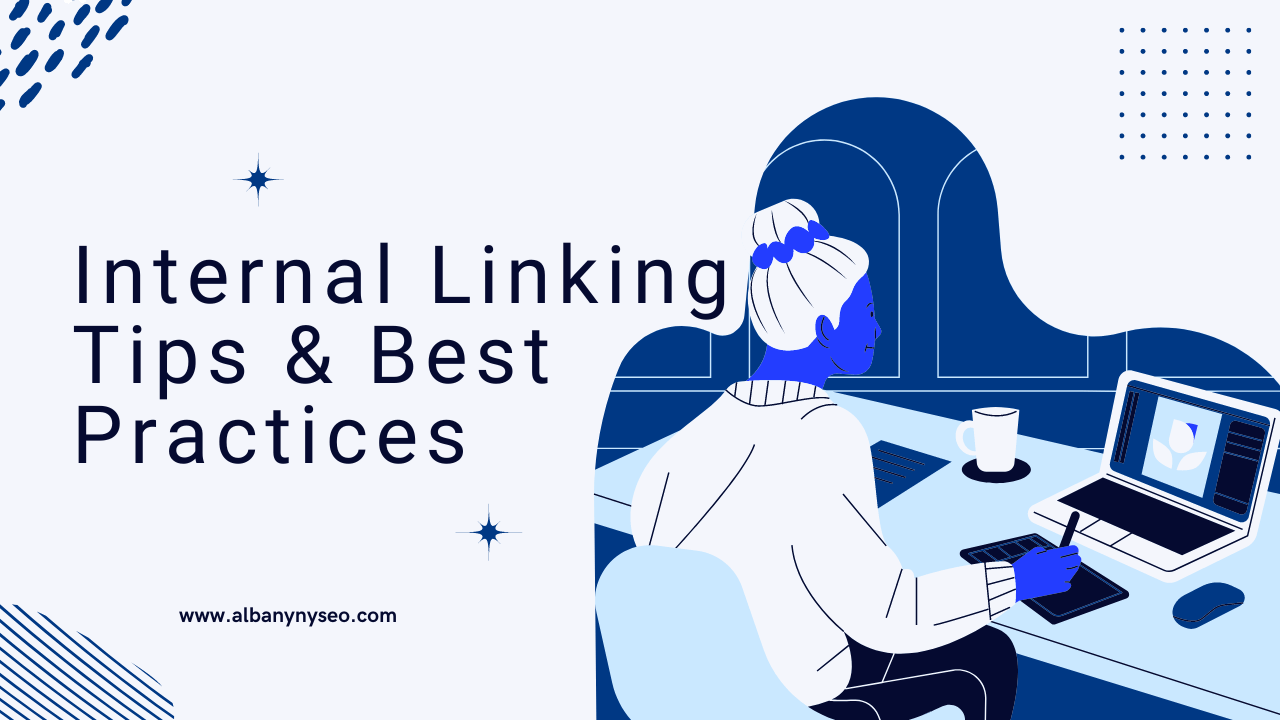Are you a beginner in the world of SEO (Search Engine Optimization), looking to improve your website’s visibility on search engines and drive more organic traffic? If so, you’re in the right place! SEO can be a daunting task, but with the right tools, you can streamline the process and boost your online presence. In this article, we’ll explore the best SEO tools for beginners, both free and paid, to help you get started on your SEO journey.
Free SEO Tools
1. Google Search Console (GSC)
Google Search Console, often referred to as GSC, is a free tool provided by Google that every website owner should have in their arsenal. It offers valuable insights into how your site performs in Google’s search results. Here’s what you can do with GSC:
- Monitor your website’s performance in Google search results.
- Identify and fix indexing issues.
- View search queries that lead users to your site.
- Track the performance of individual web pages.
- Receive alerts for critical issues.
GSC is a user-friendly tool that provides essential data for improving your site’s SEO without any cost.
2. Google Analytics
Google Analytics is another free tool from Google that helps you understand your website’s traffic and user behavior. While it’s not specifically an SEO tool, it plays a crucial role in SEO analysis by providing valuable data such as:
- The number of visitors to your site.
- Traffic sources (organic, paid, social, etc.).
- User engagement metrics.
- Bounce rate and page views.
- Conversion tracking.
By analyzing these metrics, you can fine-tune your SEO strategy to attract and retain more visitors.
3. Google Trends
Google Trends is a fantastic free tool for identifying trending topics and keywords. It allows you to see how search interest for specific keywords has evolved over time. Here’s how you can use Google Trends for SEO:
- Discover trending topics related to your niche.
- Compare the popularity of different keywords.
- Find seasonal trends that can inform your content calendar.
By incorporating trending keywords into your content, you can tap into current search trends and attract more visitors.
4. Google Keyword Planner
When it comes to keyword research, the Google Keyword Planner is a must-have tool for beginners. It’s part of Google Ads, but you don’t need to run ad campaigns to use it. Here’s what you can do with it:
- Find relevant keywords for your content.
- Estimate keyword search volumes.
- Discover new keyword ideas.
- Analyze competition levels.
Keyword Planner helps you identify the right keywords to target in your content, making it more likely to rank well in search results.
5. Detailed SEO Extension for Quick Site Audit/Analysis
For a quick site audit and analysis, you can use browser extensions like Detailed SEO. These extensions provide on-the-fly insights into the SEO health of any web page you visit. Some common features include:
- Checking meta tags, headers, and URLs.
- Analyzing on-page elements like images and links.
- Scanning for broken links and errors.
- Evaluating page loading speed.
These extensions are user-friendly and can help you spot and fix SEO issues on your site effortlessly.
6. AnswerThePublic
AnswerThePublic is a fantastic tool for generating content ideas based on the questions people are asking online. It’s both free and paid, with the free version offering limited queries. Here’s how it works:
- Enter a keyword or topic.
- Receive a visual representation of questions and phrases related to that topic.
- Use these insights to create informative and relevant content.
By addressing the questions your audience is asking, you can provide valuable information and improve your SEO.
Paid SEO Tools
1. AHREFS
AHREFS is a comprehensive SEO tool that offers both free features and a mostly paid subscription model. It’s known for its powerful backlink analysis, keyword research, and site audit capabilities. Some of its key features include:
- Backlink analysis: Identify and monitor your website’s backlinks.
- Keyword research: Find relevant keywords and track their rankings.
- Site audit: Discover and fix on-page SEO issues.
- Content explorer: Analyze top-performing content in your niche.
While AHREFS can be a bit pricey for beginners, it provides valuable insights that can significantly boost your SEO efforts.
2. Keyword Everywhere
Keyword Everywhere is a paid keyword research tool that simplifies the process of finding valuable keywords for your content. It seamlessly integrates with your browser and provides keyword data right in your search results, including:
- Keyword search volume.
- Cost per click (CPC) data.
- Competition levels.
- Related keywords.
This tool can save you time and help you identify lucrative keywords to target in your content strategy.
3. Screaming Frog SEO Spider
Screaming Frog SEO Spider offers a free and paid version, with the free version having some limitations. It’s a website crawling tool that provides in-depth insights into your website’s structure and on-page elements. Key features include:
- Crawling and analyzing website pages.
- Identifying broken links and errors.
- Reviewing metadata and headers.
- Analyzing page titles and descriptions.
The paid version offers additional features like advanced configuration options and integration with other tools, making it suitable for more advanced SEO tasks.
4. Quora
Yes, you read it right! Quora is not a traditional SEO tool, but it’s an excellent resource for finding topics that people are actively searching for and discussing. Here’s how you can leverage Quora for SEO:
- Search for your niche-related topics.
- Identify common questions and pain points.
- Create content that answers these questions.
- Share your content on Quora for additional exposure.
Quora’s user-generated content can provide valuable insights into the questions and concerns of your target audience.
Conclusion
As a beginner in the world of SEO, you have a wide range of tools at your disposal, both free and paid, to help you improve your website’s visibility and drive organic traffic. While free tools like Google Search Console, Google Analytics, and Google Keyword Planner are excellent starting points, paid tools like AHREFS, Keyword Everywhere, and Screaming Frog SEO Spider offer more advanced features for in-depth analysis.
Remember that the key to successful SEO is not just having the right tools but also using them effectively. Regularly monitor your website’s performance, conduct keyword research, and optimize your content based on your findings. Additionally, keep an eye on trends and topics that are relevant to your niche, and don’t underestimate the power of user-generated content platforms like Quora.
By combining the insights from these SEO tools and consistently applying best practices, you’ll be well on your way to improving your website’s search engine rankings and attracting more organic traffic. Happy optimizing!








